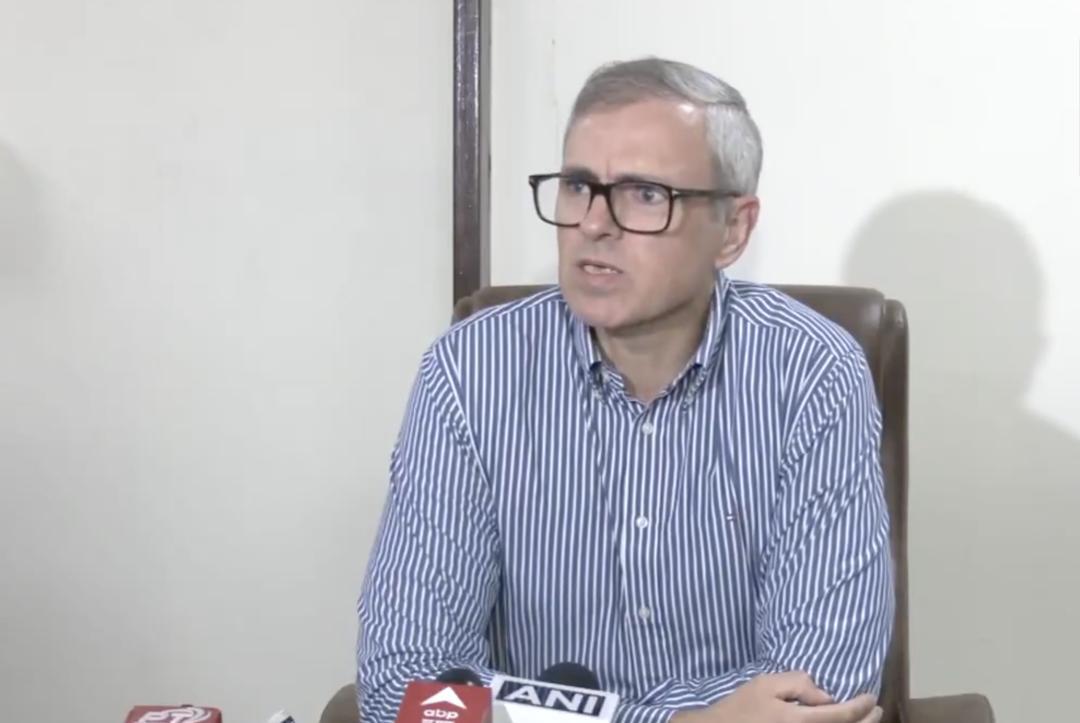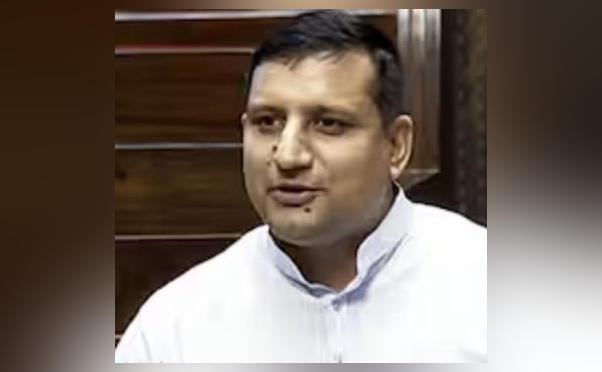
Why should I send water to Punjab?: J&K CM on canal proposal
In a recent development, the Government of Jammu and Kashmir (J&K) has proposed a 113 km-long canal to redirect surplus water from three western rivers of the Indus system in J&K to Punjab, Haryana, and Rajasthan. However, this proposal has not gone down well with the J&K Chief Minister, Omar Abdullah. In a recent statement, he raised several questions about the need for such a canal, particularly when Punjab has already been receiving water under the Indus Waters Treaty.
According to the Indus Waters Treaty, signed in 1960, the waters of the Indus and its tributaries were divided between India and Pakistan. The treaty allocated the waters of the western rivers, including the Jhelum, Chenab, and Sutlej, to Pakistan, while the eastern rivers, including the Ravi, Beas, and Sutlej, were allocated to India. The treaty also established a Permanent Indus Commission to ensure that both countries comply with the treaty.
Under the treaty, Punjab has been receiving water from the western rivers, including the Jhelum, Chenab, and Sutlej. The state’s agricultural sector relies heavily on this water, and it has contributed significantly to the state’s economic growth. However, in recent years, Punjab has been facing water scarcity issues due to depleting groundwater levels and inefficient water management practices.
Now, the J&K government has proposed a canal to redirect surplus water from the western rivers to Punjab, Haryana, and Rajasthan. The canal would be built at an estimated cost of Rs 10,000 crore and would help to irrigate an additional 8 lakh hectares of land. However, Omar Abdullah has raised several questions about the proposal, including why J&K should send water to Punjab when the state already has a surplus of its own.
In a recent statement, Abdullah said, “Why should I send water to Punjab? Punjab already had water under the Indus Waters Treaty. Did they give us water when we needed it?” He also questioned the need for the canal, saying that it would be a waste of resources. “We have our own water requirements in J&K, and we should focus on meeting them first,” he added.
Abdullah’s concerns are not unfounded. J&K has been facing its own water scarcity issues, particularly in the Kashmir Valley, where the state’s agricultural sector is struggling due to a lack of water. The state’s water resources are primarily used for irrigation, and there is a growing need for more water storage facilities to meet the increasing demands of the agricultural sector.
Furthermore, the canal proposal has also raised concerns about the environmental impact of the project. The construction of the canal would require the diversion of a significant amount of water, which could have adverse effects on the ecosystems of the western rivers. Additionally, the project would also require the acquisition of large tracts of land, which could lead to displacement of local communities.
In conclusion, while the proposal to redirect surplus water from the western rivers to Punjab, Haryana, and Rajasthan may seem like a good idea on the surface, it raises several questions about the need for such a project. The J&K Chief Minister’s concerns are valid, and the state’s own water requirements should be prioritized first. The environmental impact of the project also needs to be carefully considered, and the displacement of local communities should be avoided at all costs.
Ultimately, the decision to build the canal should be based on a thorough analysis of the benefits and drawbacks of the project. The state governments of J&K, Punjab, Haryana, and Rajasthan, as well as the Central Government, need to work together to find a solution that meets the water needs of all the states involved, while also protecting the environment and the interests of local communities.





